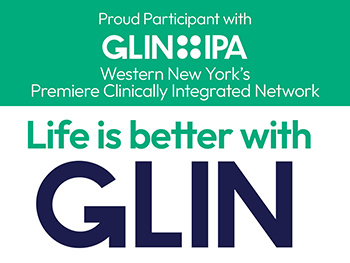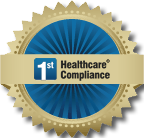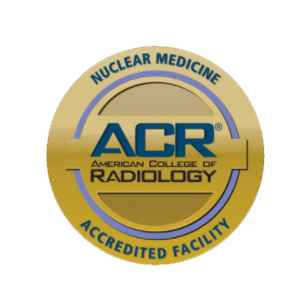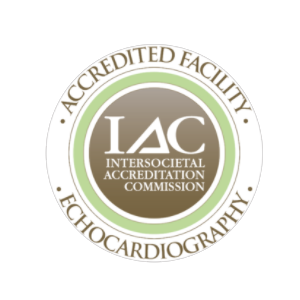There’s a lot of discussion about certain cancer screenings, like mammograms, colonoscopies and skin checks (as there should be). But what about screening for lung cancer, which is the leading cause of cancer death in the U.S.?
To find out more about lung cancer screening, we sat down with Dr. Yaron Perry, a thoracic surgeon with Great Lakes Cancer Care Collaborative, Division Chief of Thoracic Surgery at the University at Buffalo, and Medical Director of Comprehensive Center for Thoracic Malignancies and the Co-Director of Robotic Surgery.
Q: Who should be screened for lung cancer?
A: First and foremost, long-time smokers. If You are between the ages of 50-80 years old and you’ve smoked for 20 or more pack years, most insurance companies will cover lung cancer screening because it’s so important to have done. A pack-year is smoking an average of one pack of cigarettes per day for one year. For example, a person could have a 20 pack-year history by smoking one pack a day for 20 years or two packs a day for 10 years.
Next would be kids and spouses of smokers who have lived in the home with second-hand smoke for 20 or more years. Their risk of developing cancer is almost as high as if they were smoking themselves. We’ll get into more on that in a minute.
The third group of people for whom lung cancer screening is important would be those who have been exposed to cancer-causing materials in the workplace, like asbestos, silica dust, and diesel engine exhaust.
Currently there is no Insurance coverage for lung cancer screening for those exposed to second-hand smoke and workplace risk factors varies, but many plans consider both groups high-risk and may offer coverage. Check with your insurance provider before scheduling a screening appointment.
Q: I’m a smoker, but I feel fine. Can’t I just wait and see my doctor if I start to feel sick?
A: No. The best way to cure lung cancer is to find it early. But the time symptoms appear, it’s really too late. People who fall into the high-risk categories I mentioned really need to be pro-active about lung screening to give themselves the best chance at a long, healthy life.
Q: What are the risks to people who live with smokers?
A: Second-hand smoke is almost as dangerous as smoking yourself. In fact, in parts of China, most women don’t smoke but their husbands do—and the rates of lung cancer are relatively high in Asian women mainly because of the second-hand exposure inside the home. Spouses, children, and even pets of smokers are at risk of developing infections and cancers of the airways and lungs from the cigarette smoke they inhale inside of the house.
Q: What about e-cigarettes and marijuana—are they risk factors for lung cancer?
A: The short answer is we’re not sure yet, but probably. The American Cancer Society considers both to be uncertain or unproven risks for lung cancer. But if you think about what’s happening when people use e-cigarettes or smoke pot, they’re still putting things into their lungs that aren’t supposed to be there.
The THC itself in marijuana may not be harmful, but it’s still plant matter that’s being burned and inhaled like a cigarette. The technology behind vaping creates a vapor that carries a finer particulate than smoke, which allows the substances to be inhaled deeper into parts of the lungs that are even more delicate and susceptible to harm.
We’ll know more in 10 to 20 years when researchers can look at the data and determine the long-term effects of these habits. I don’t consider either of them safe, especially because both are marketed toward young people. Starting unhealthy habits earlier just increases the risk of long-term damage and disease.
Q: How do doctors screen for lung cancer?
A: We use a technology called low-dose computed tomography, or a low-dose CT scan. It’s a non-invasive imaging procedure with less radiation than a routine chest x-ray 20 years ago. During the scan, the patient lies on a table while a machine captures images of the lung tissue, which we’ll examine for areas of concern. The procedure only takes a few minutes and is totally painless.
Q: Where can I schedule an appointment for a lung cancer screening?
A: Patients can call the Great Lakes Cancer Care Collaborative Call Center at (716) 884-3000. My colleagues and I represent a lot of different cancer care specialties from screening to treatment, and we all work together to provide patients with the most collaborative and effective cancer care in Western New York.

 APPLY ONLINE TODAY!
APPLY ONLINE TODAY!





